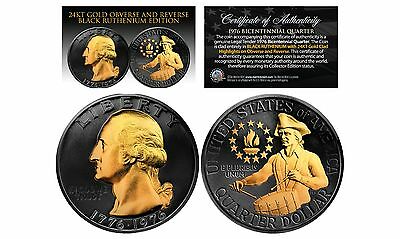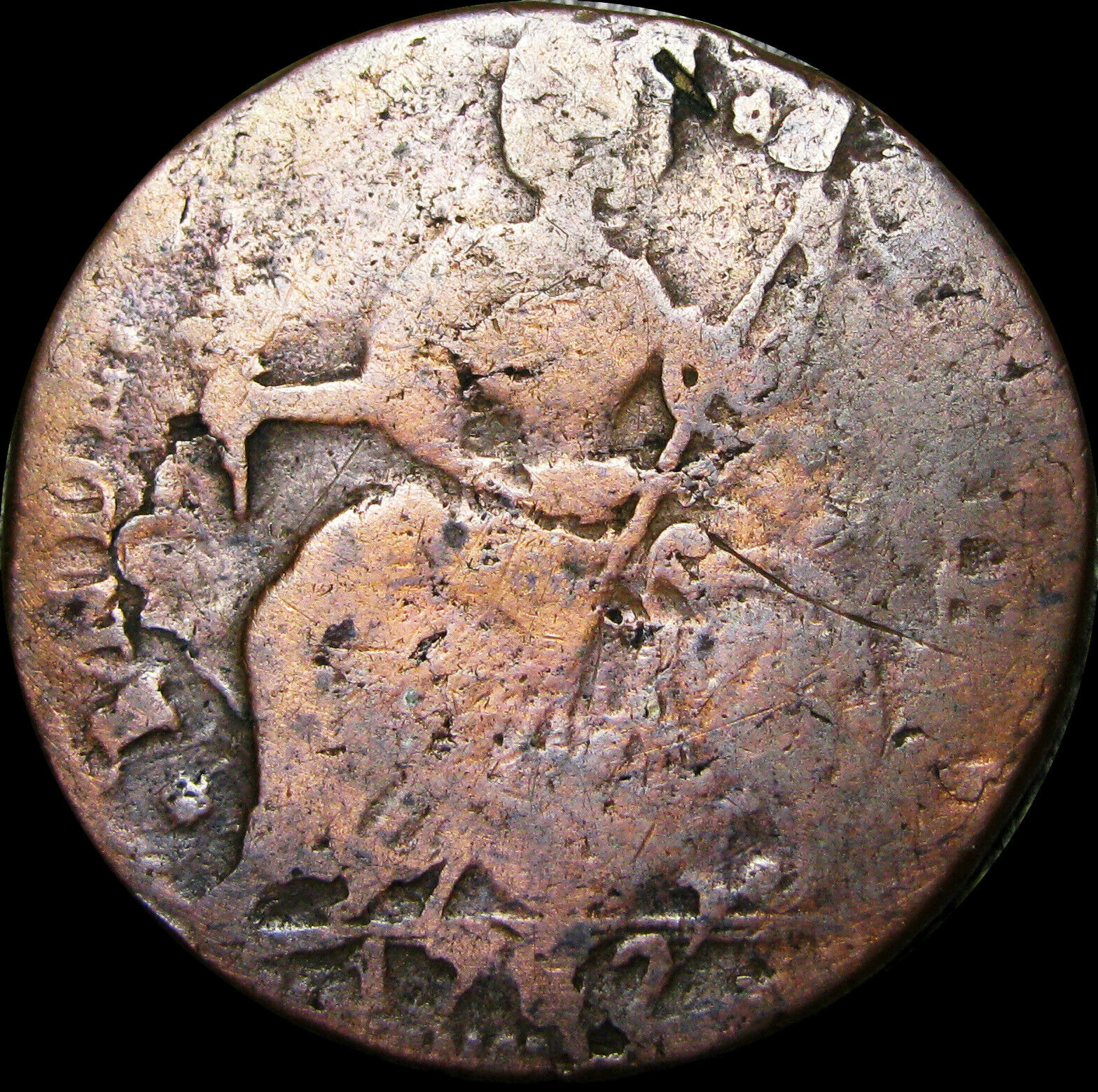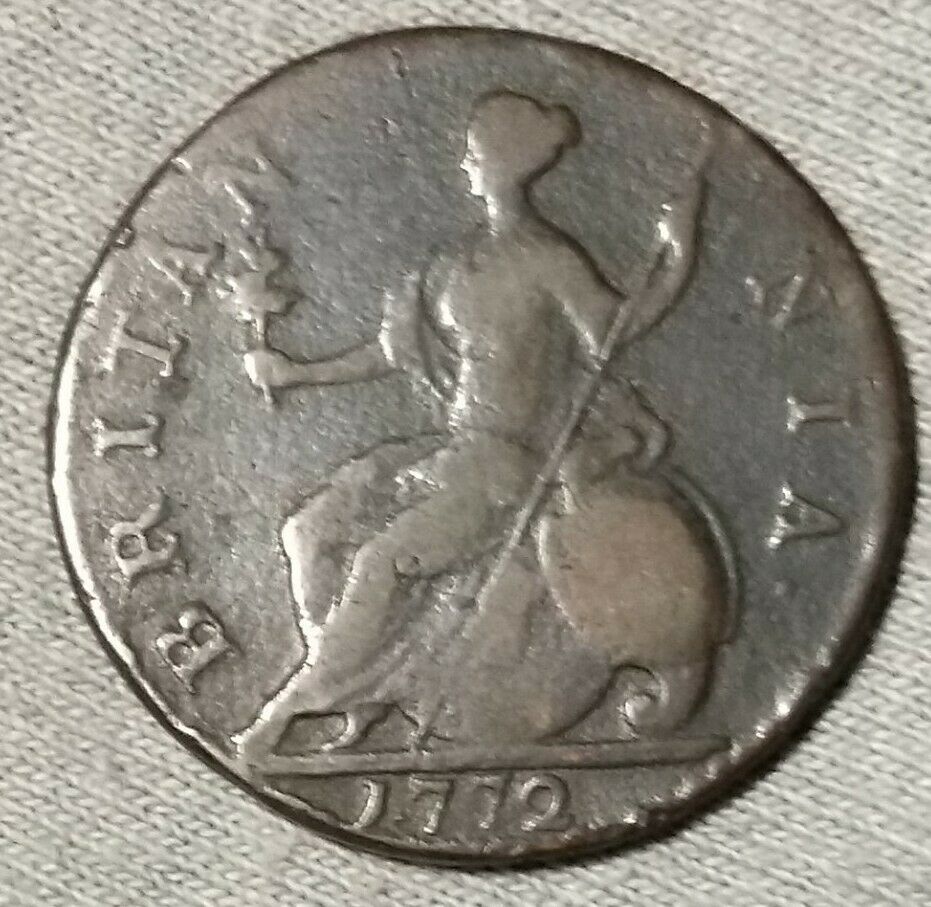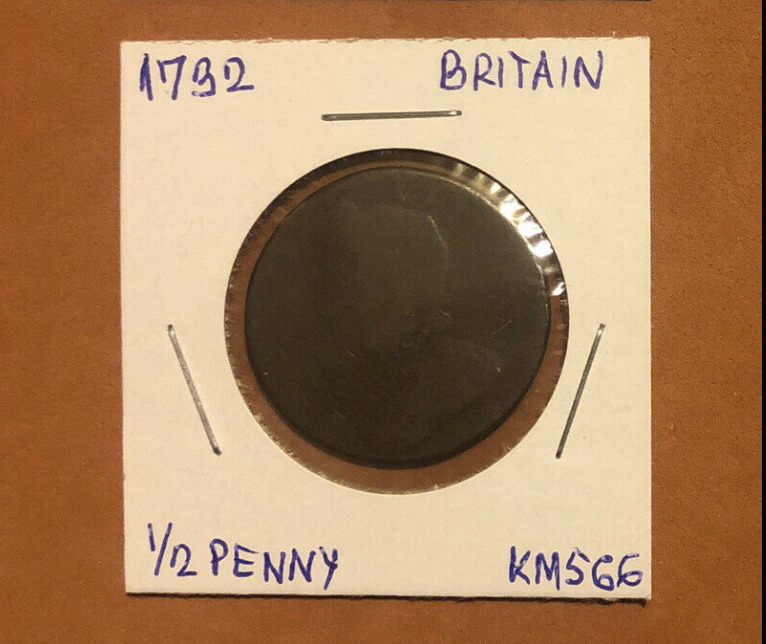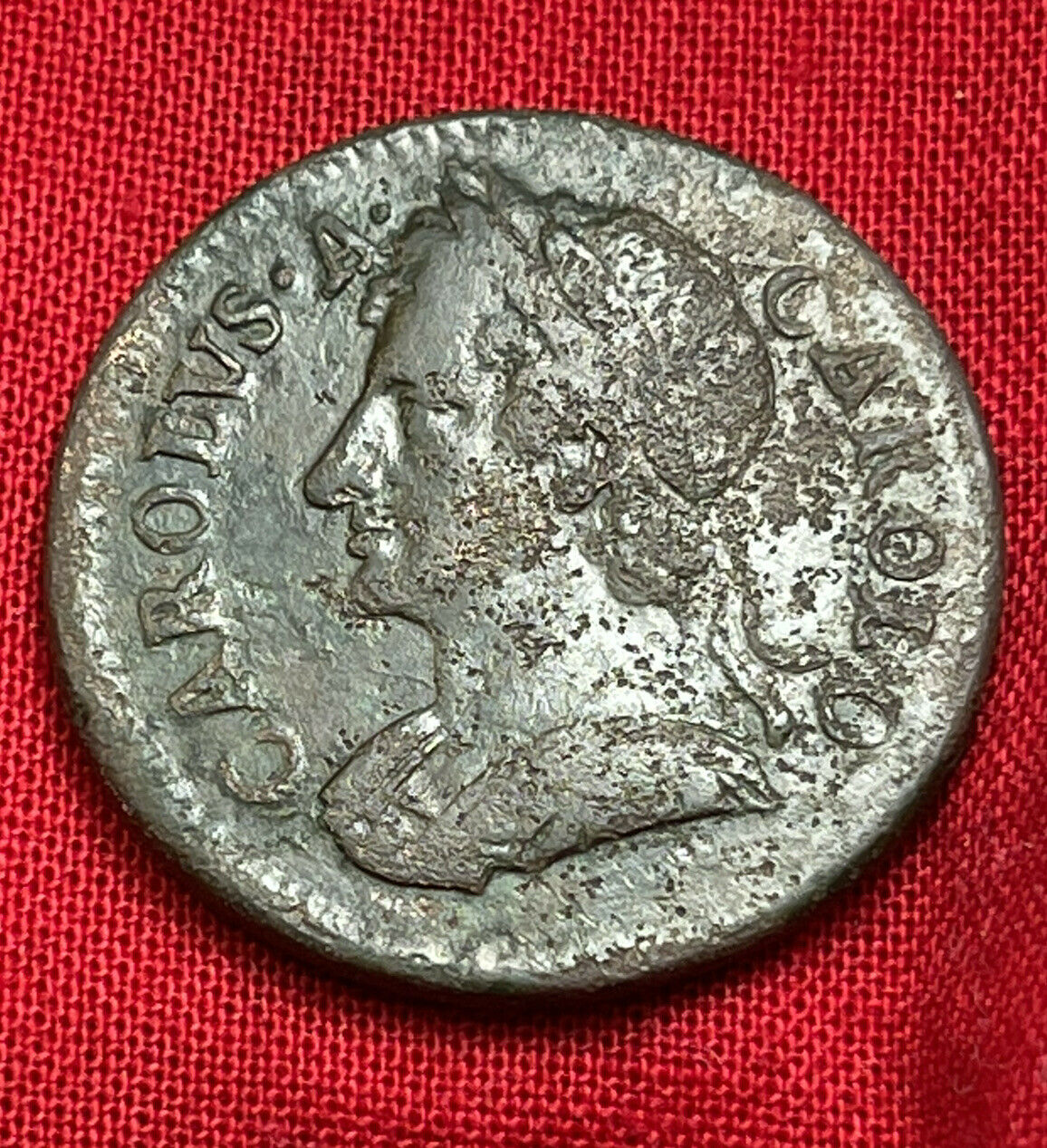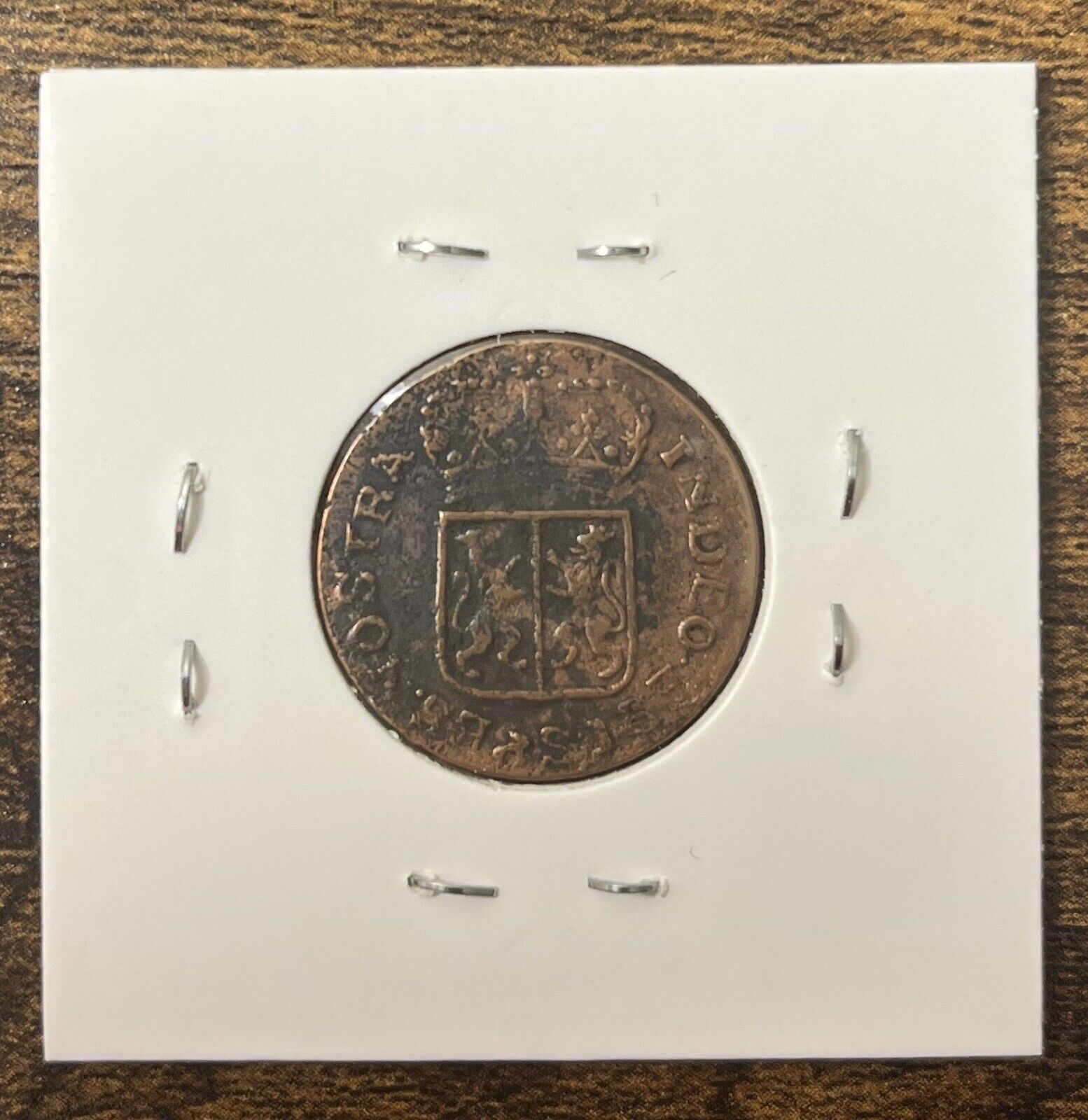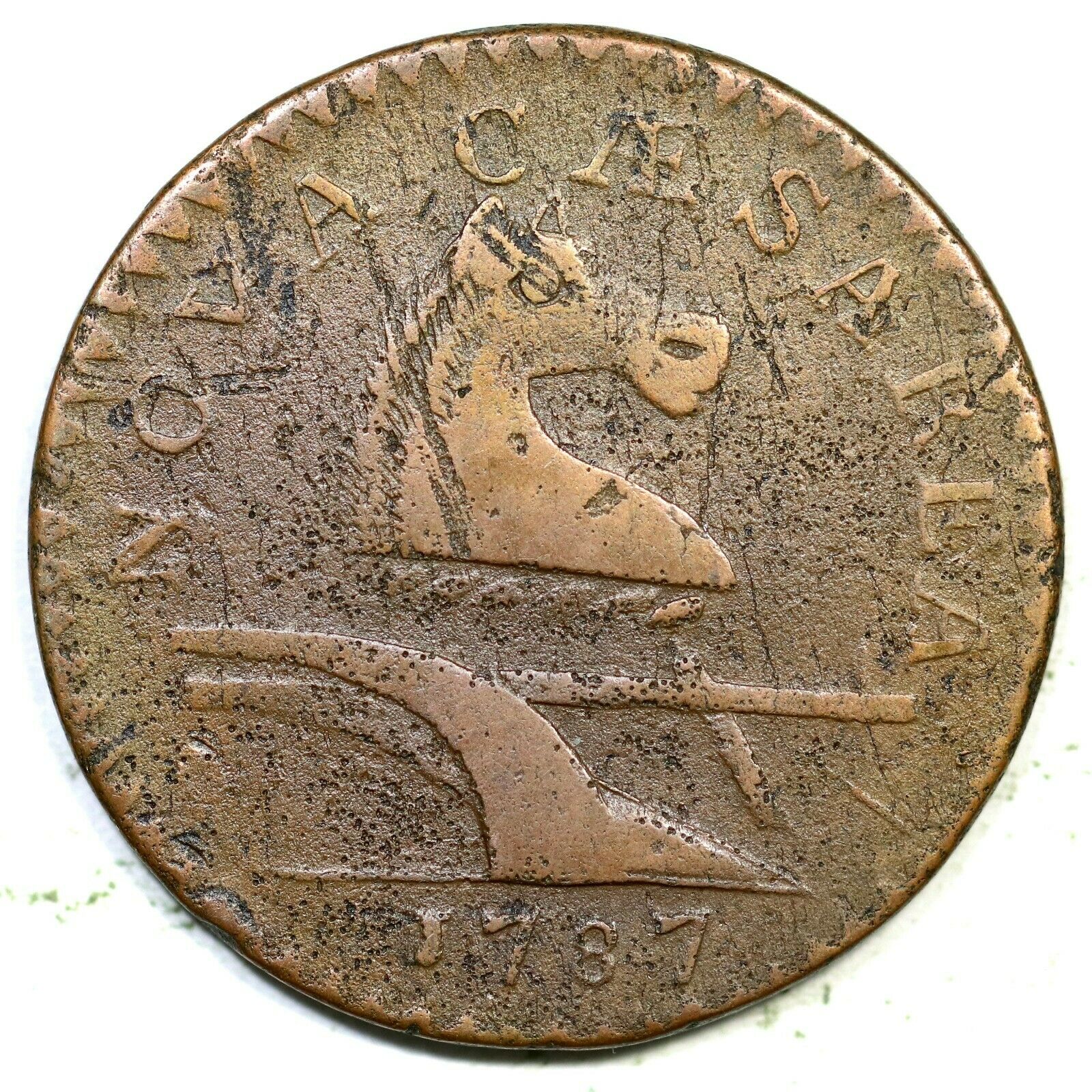-40%
1773 Crude Strike George III Non-Regal Colonial Farthing Rare Early USA
$ 132
- Description
- Size Guide
Description
1773 Crude King George III Copper Revolutionary War Era Farthing Colonial USA, Exceptional Early Type Crude Coin, Scarce Non-Regal.Obverse is well struck and detailed for this type. This is an actual variation as other examples are known. So this is an identified type in “Contemporary Counterfeit Halfpenny & Farthing Families” Released in 2018 and is placed prominently on the back cover of the book as pictured.
Thanks for looking! Please see my other Colonial offerings.
This represents a part of Colonial Coinage used here in America, and Great Britain this Hibernia or Irish coin was due to the shortage of copper and general scarcity due to the Revolutionary War and population increases throughout the Colonies and the British Isles. Limited coins were produced from 1769-1775 (and then none until 1805-1807 none until his death in 1820) this led to creating of Non-Regal coins both with George III's likeness as well as Conder or Provincial Tokens also used here in the United States.
Scarcity of early coinage in America where denominations were used primarily from Great Britain but other colonizing nations as well, the value was in the material either copper or silver, so almost any country's currency would pass hands.
Kings and Queens of Great Britain:
William and Mary 1689-1702
Anne 1702-1714
George I 1714-1727
George II 1727-1760
George III 1760-1820
Historically important date during the colonization of America and our history.
Thanks for your consideration.
Jonathan







